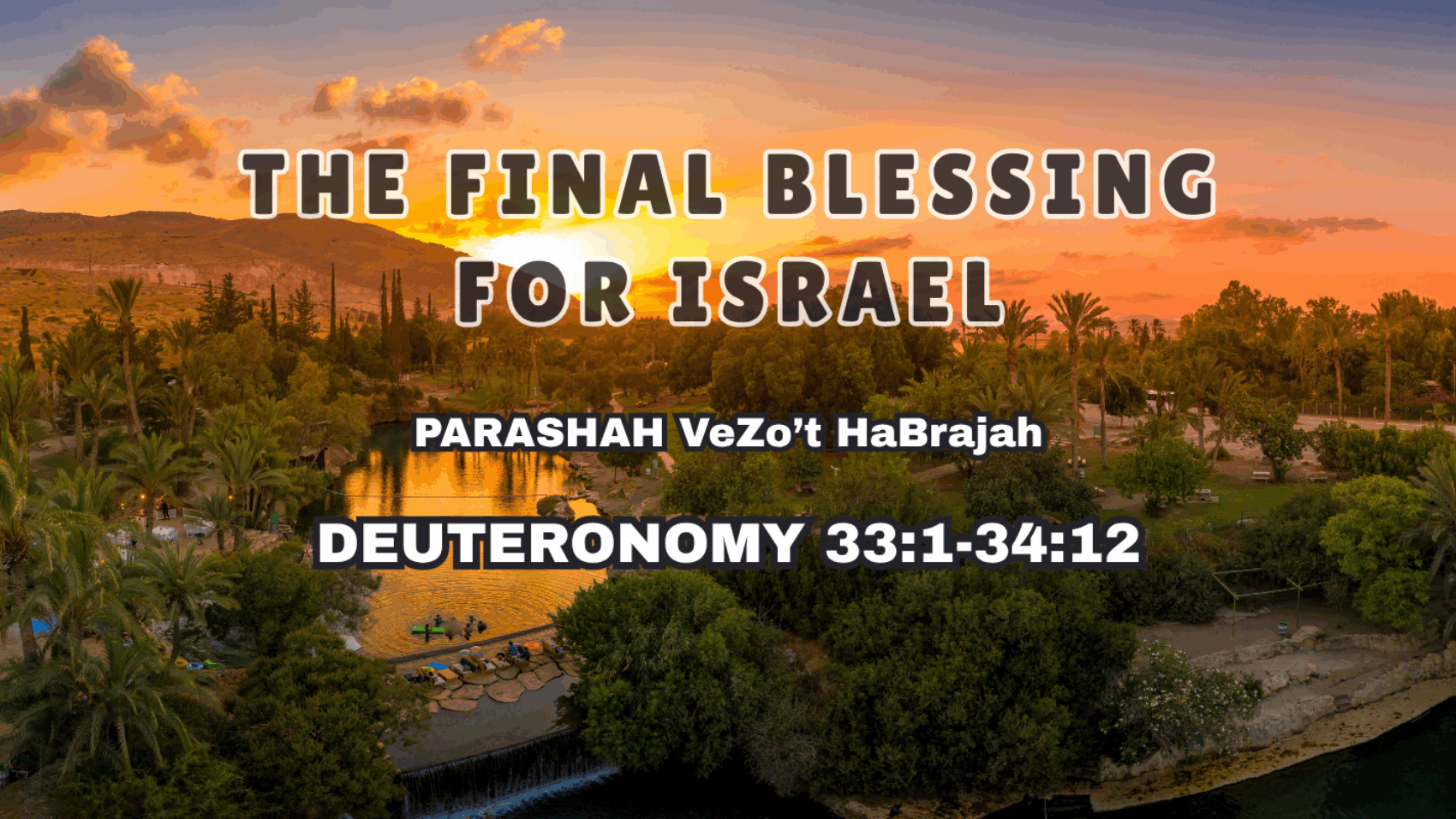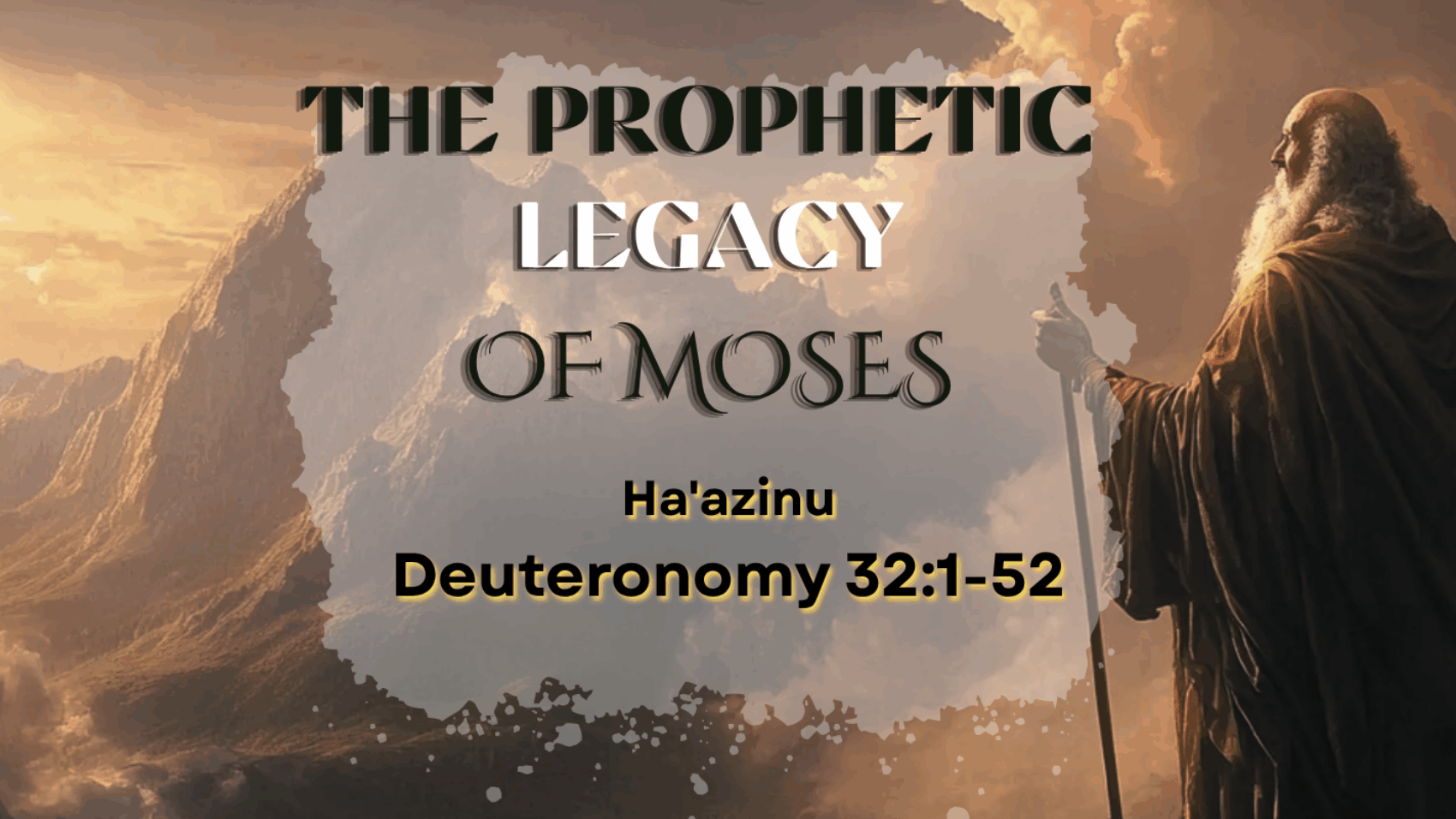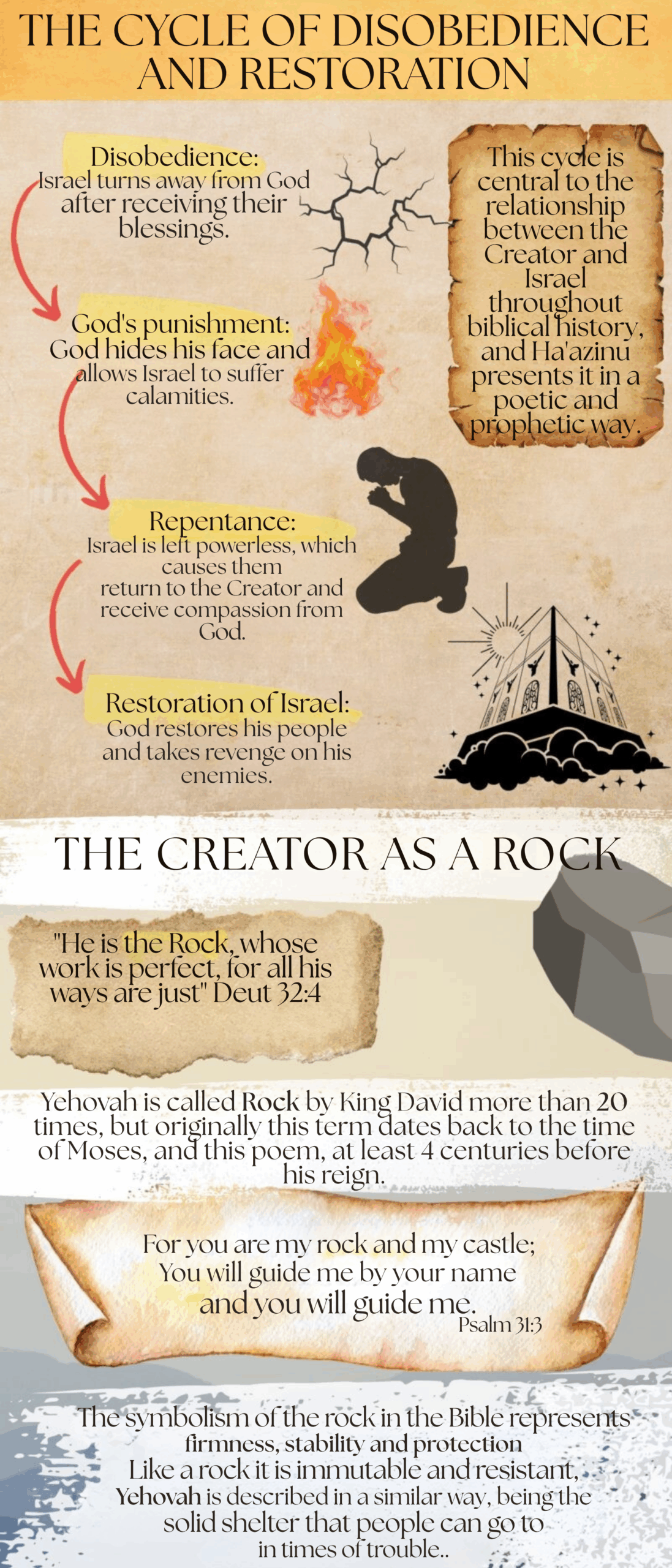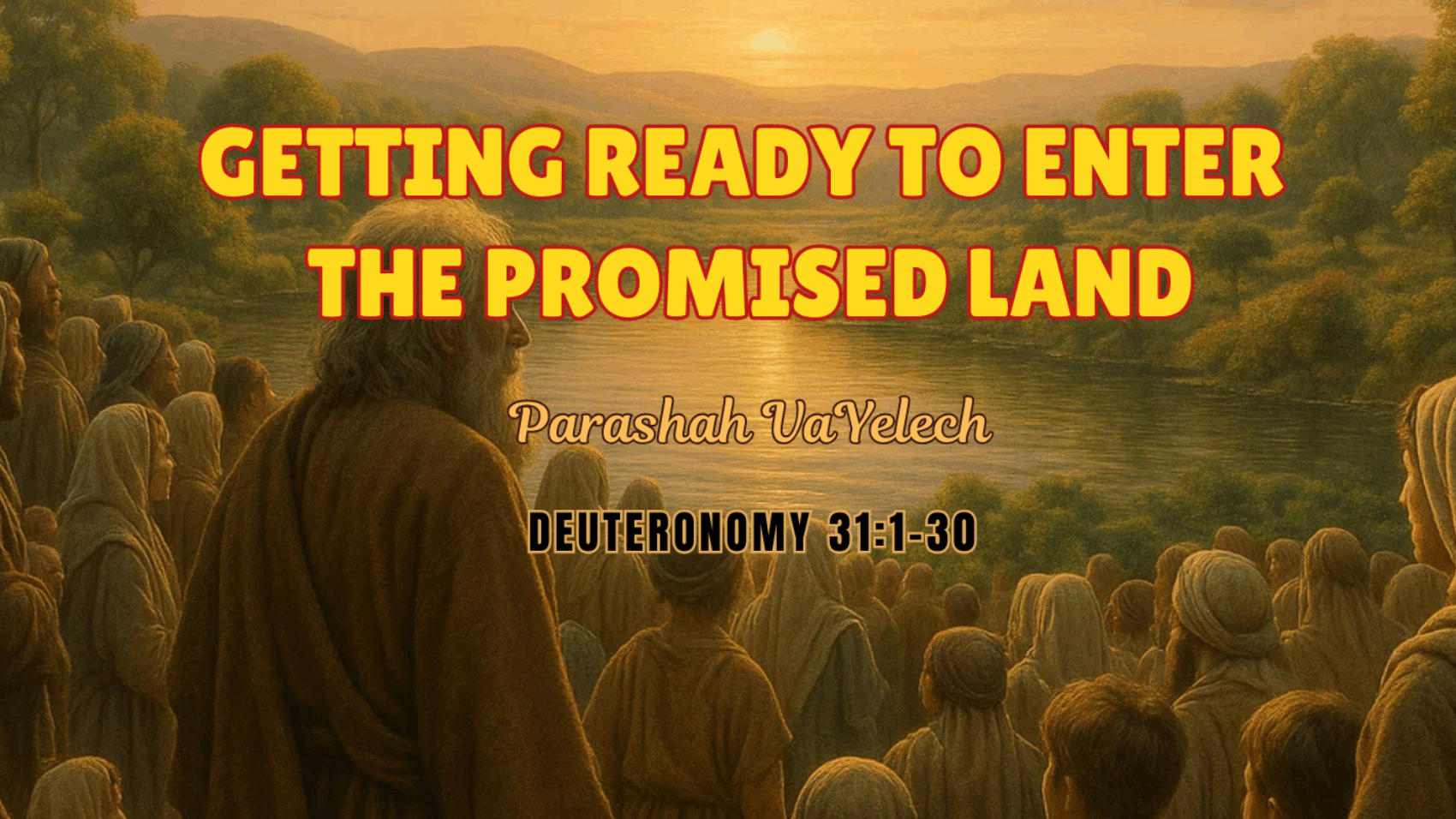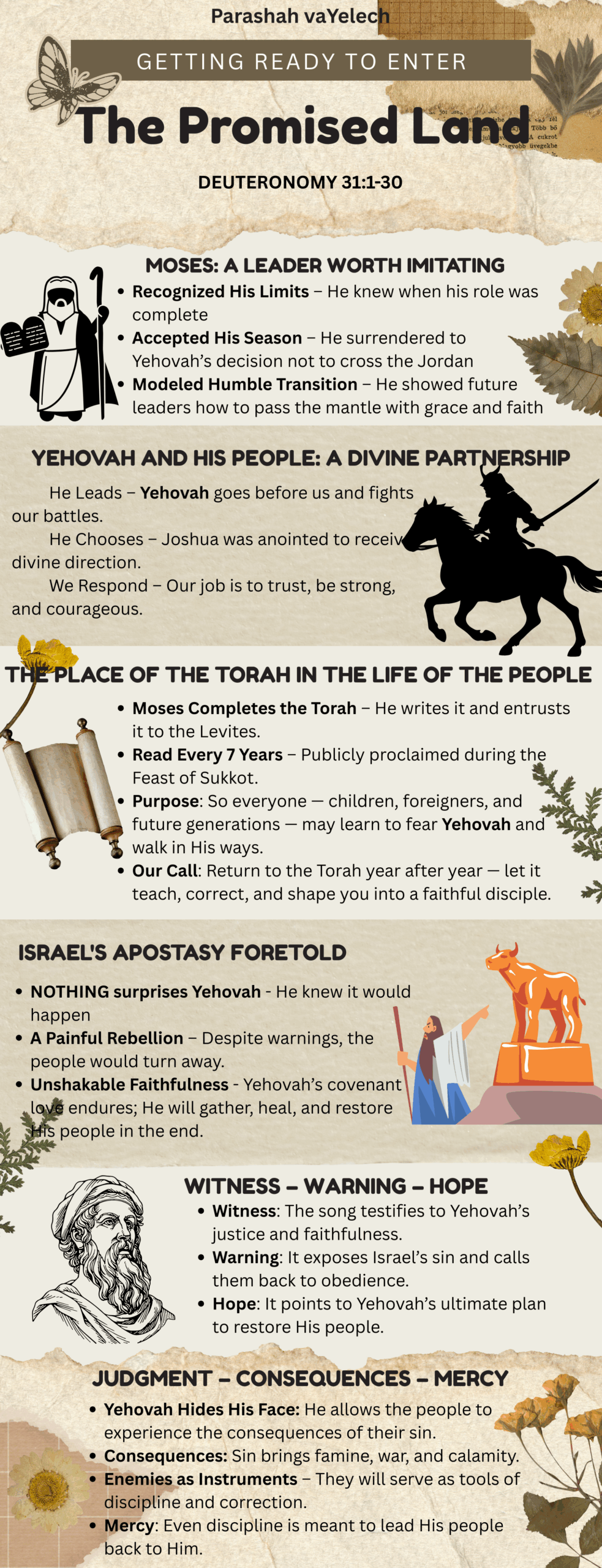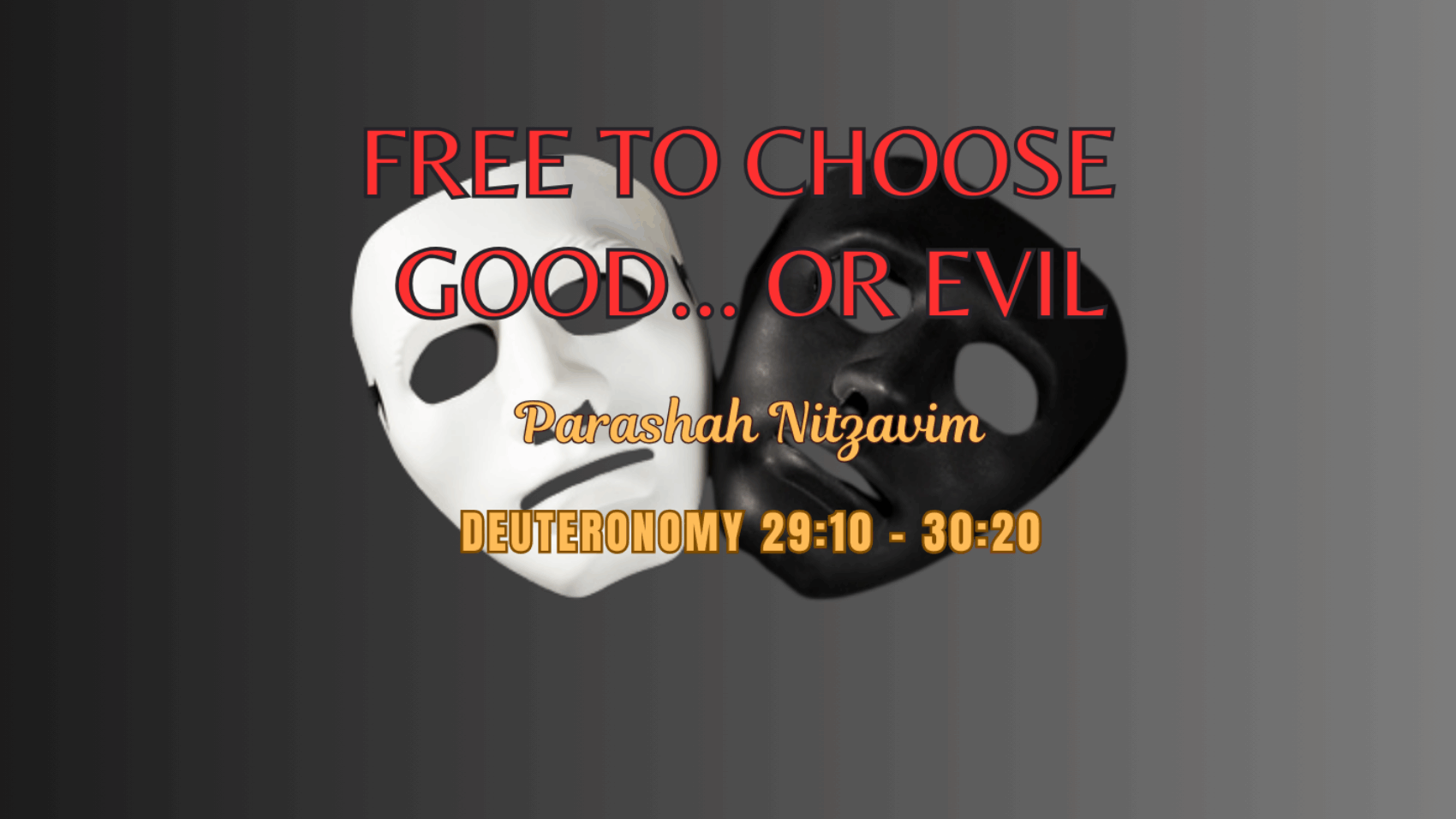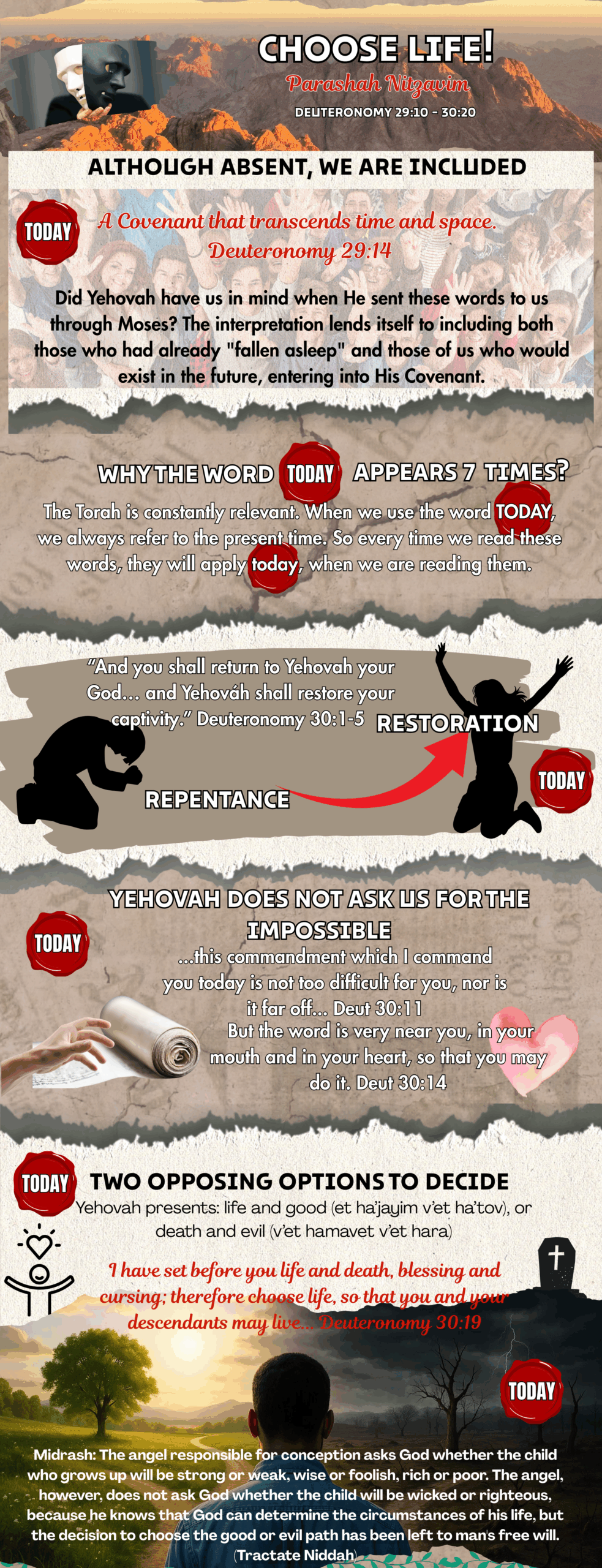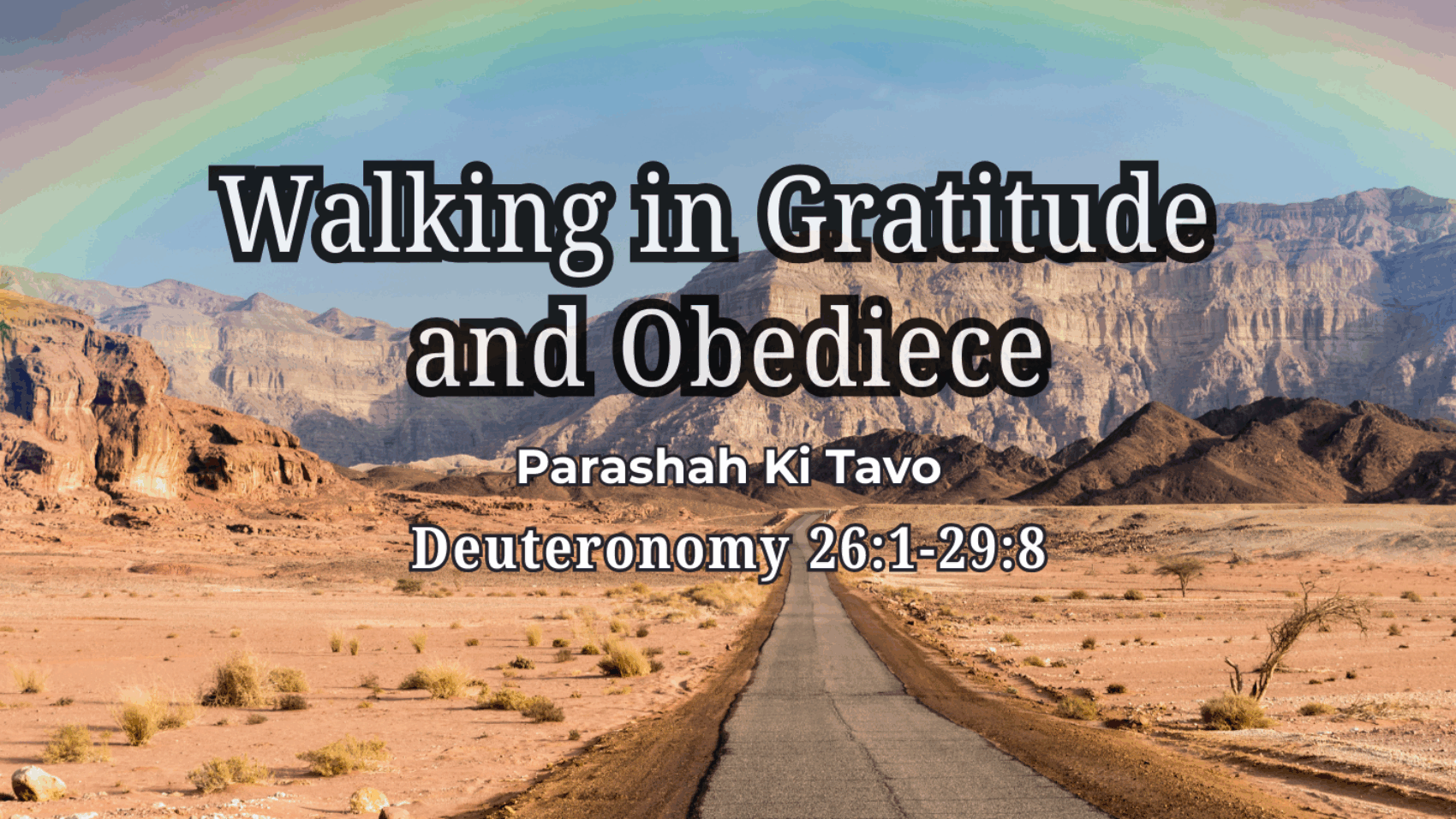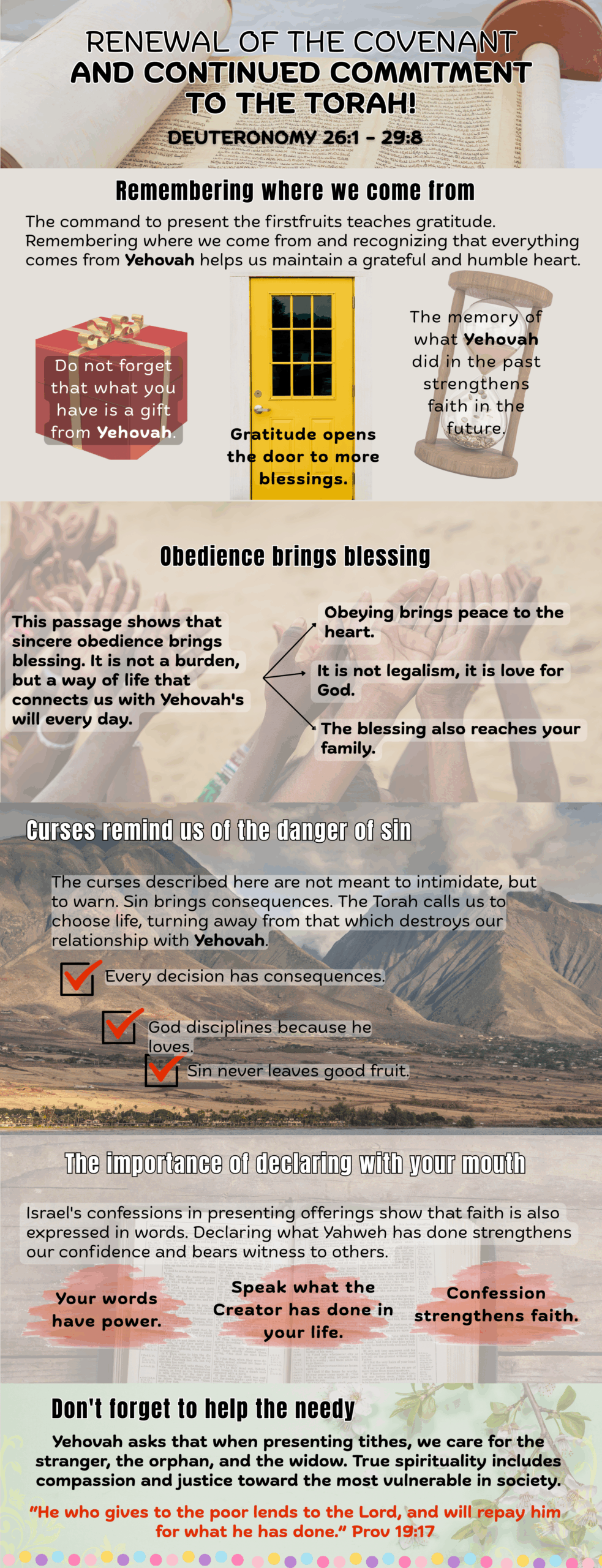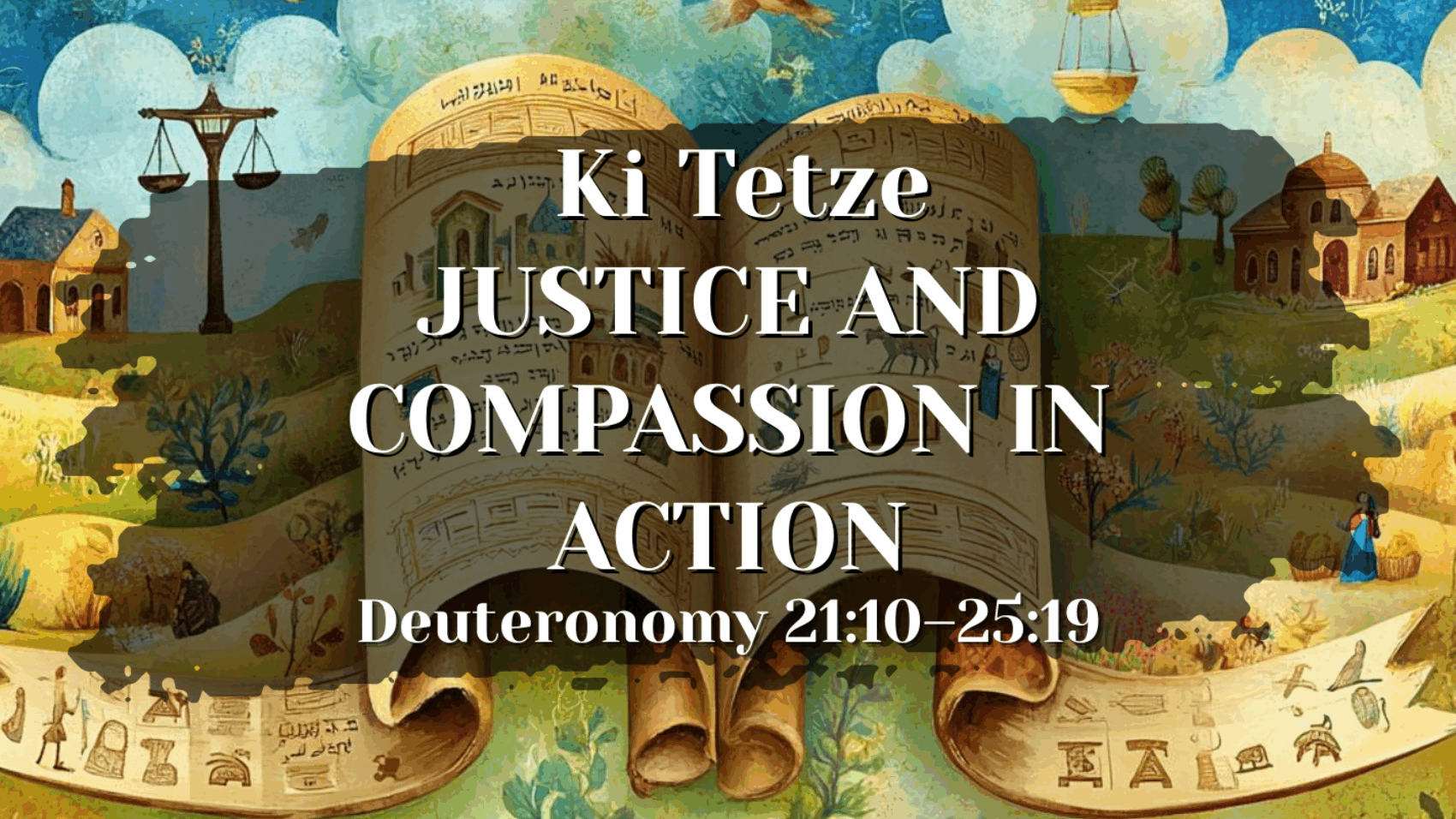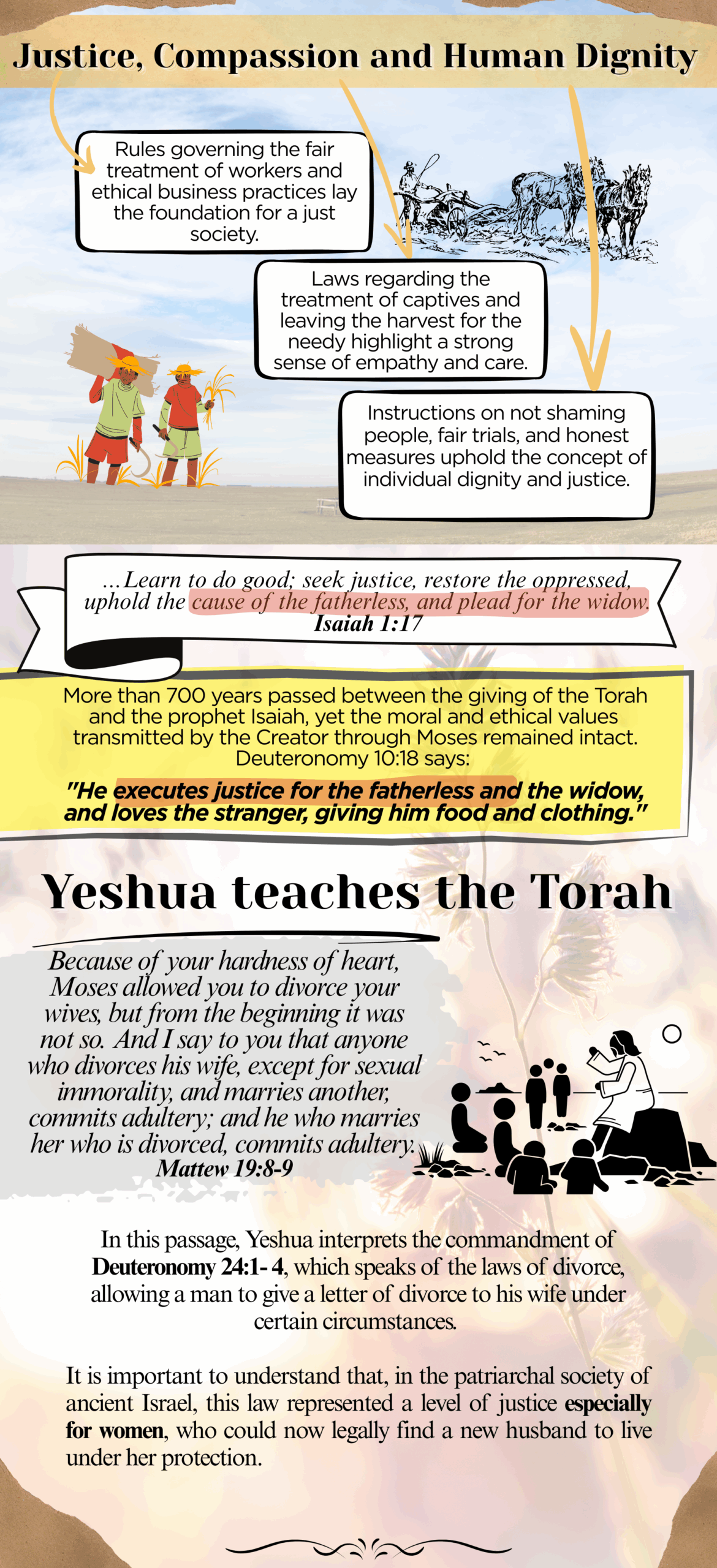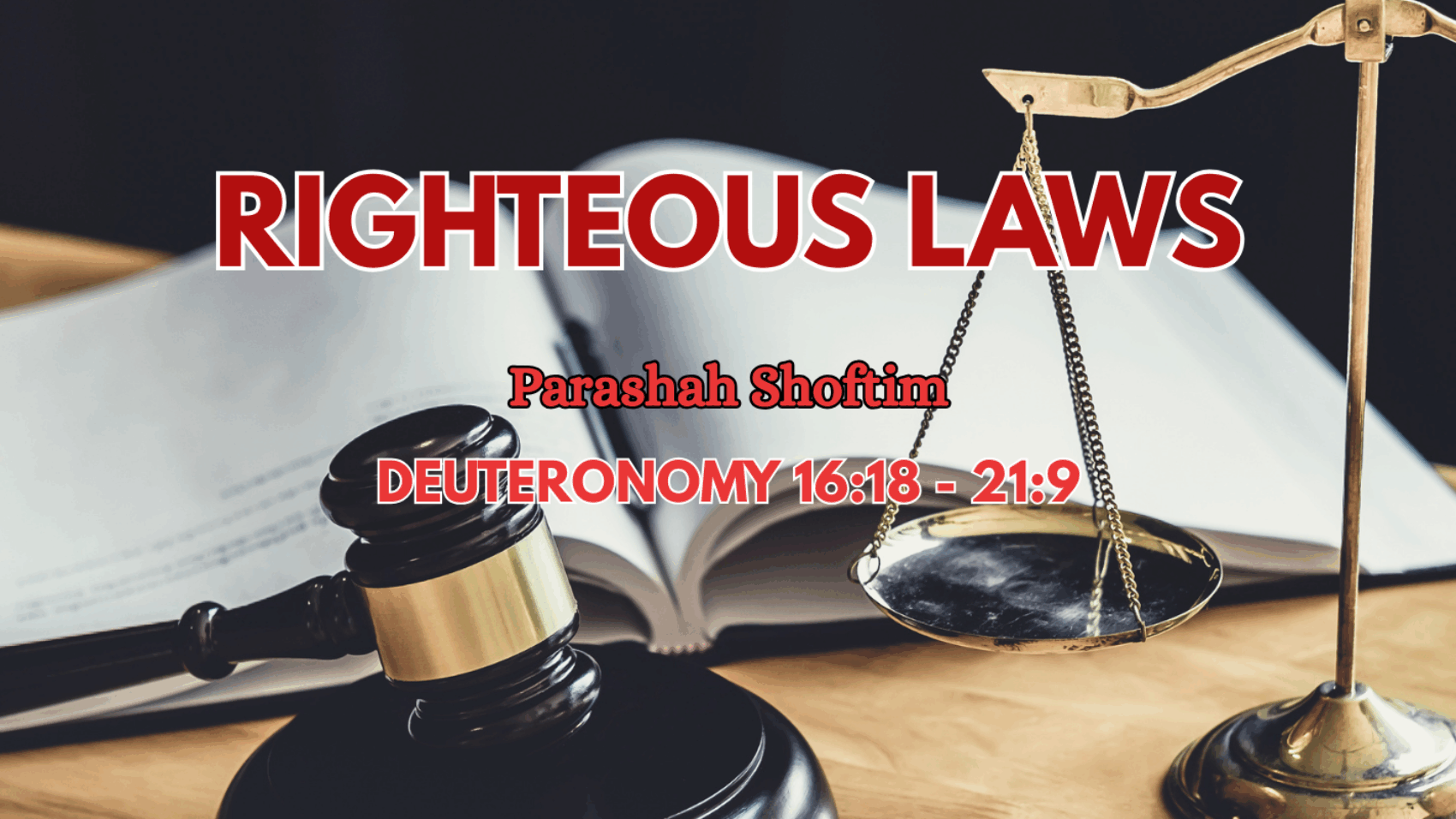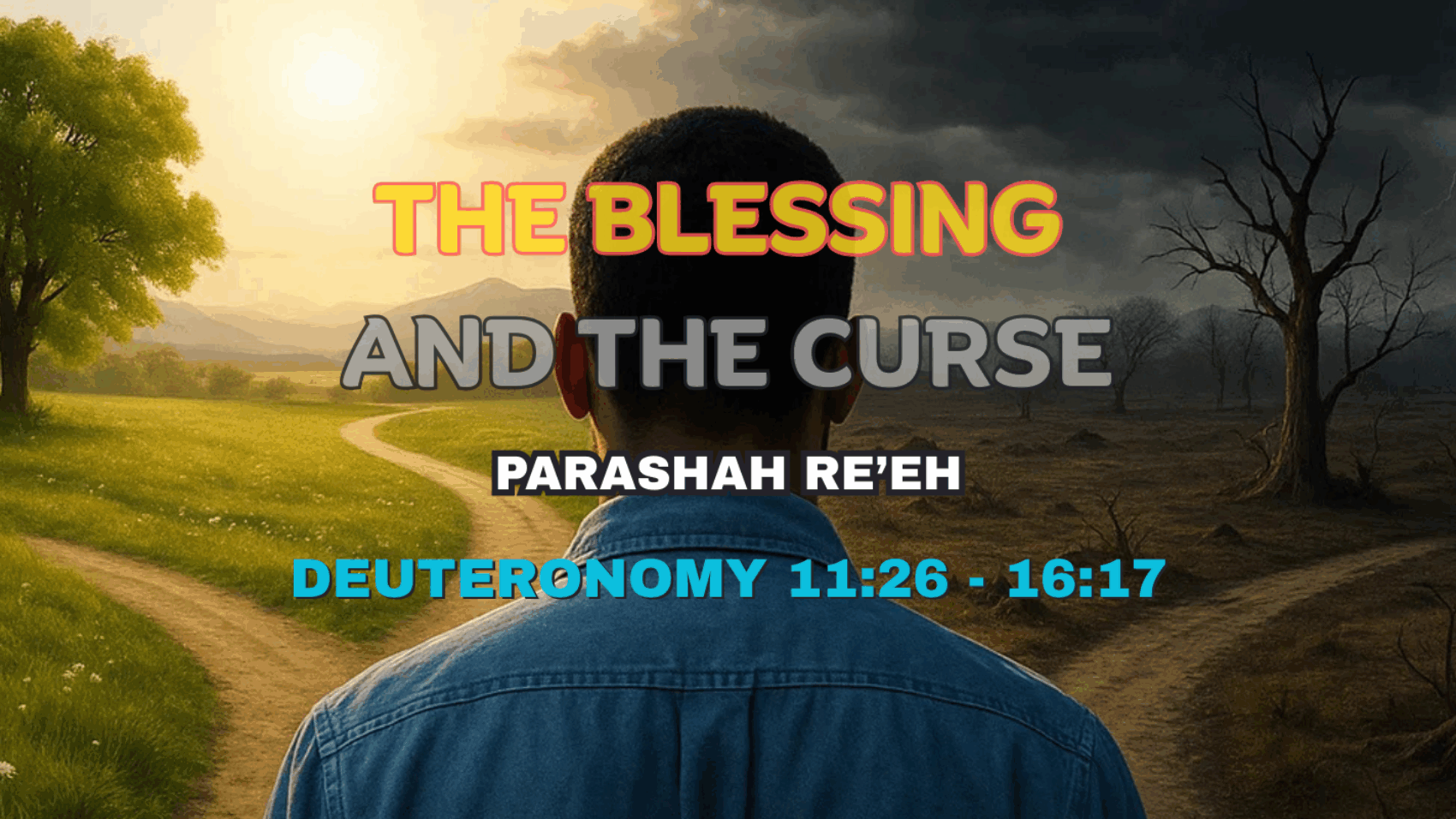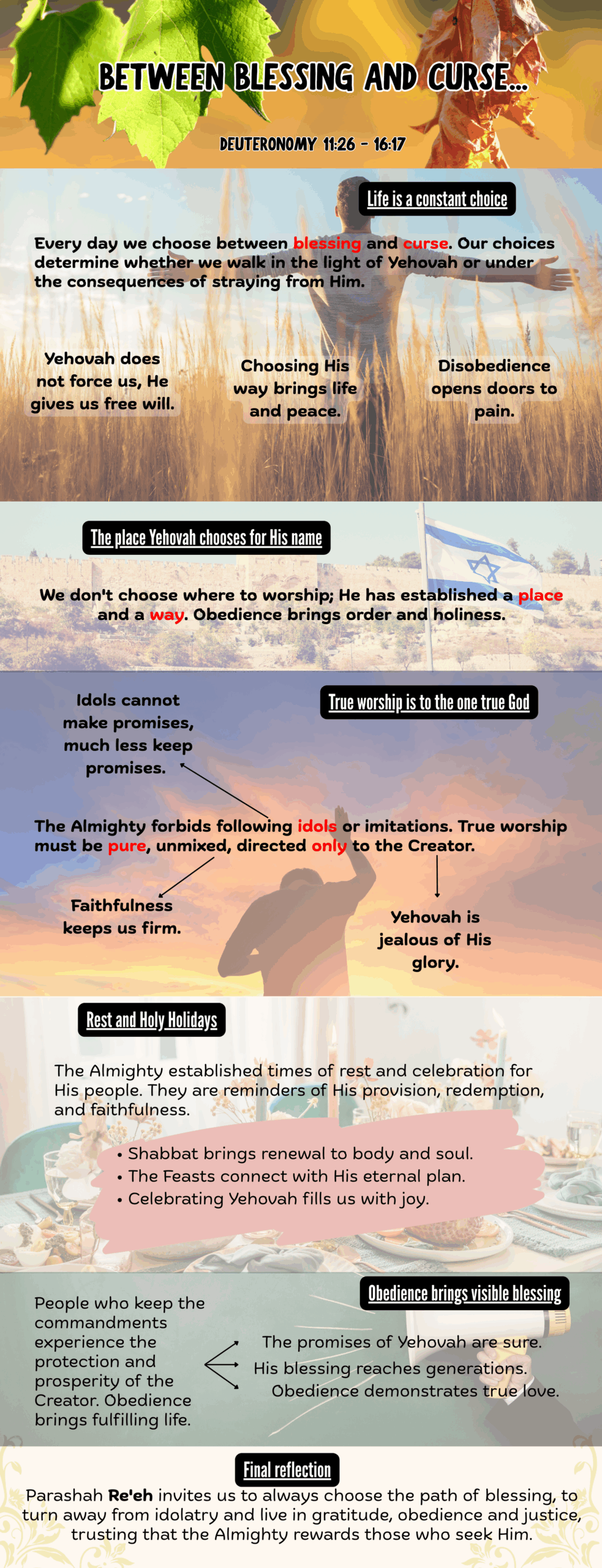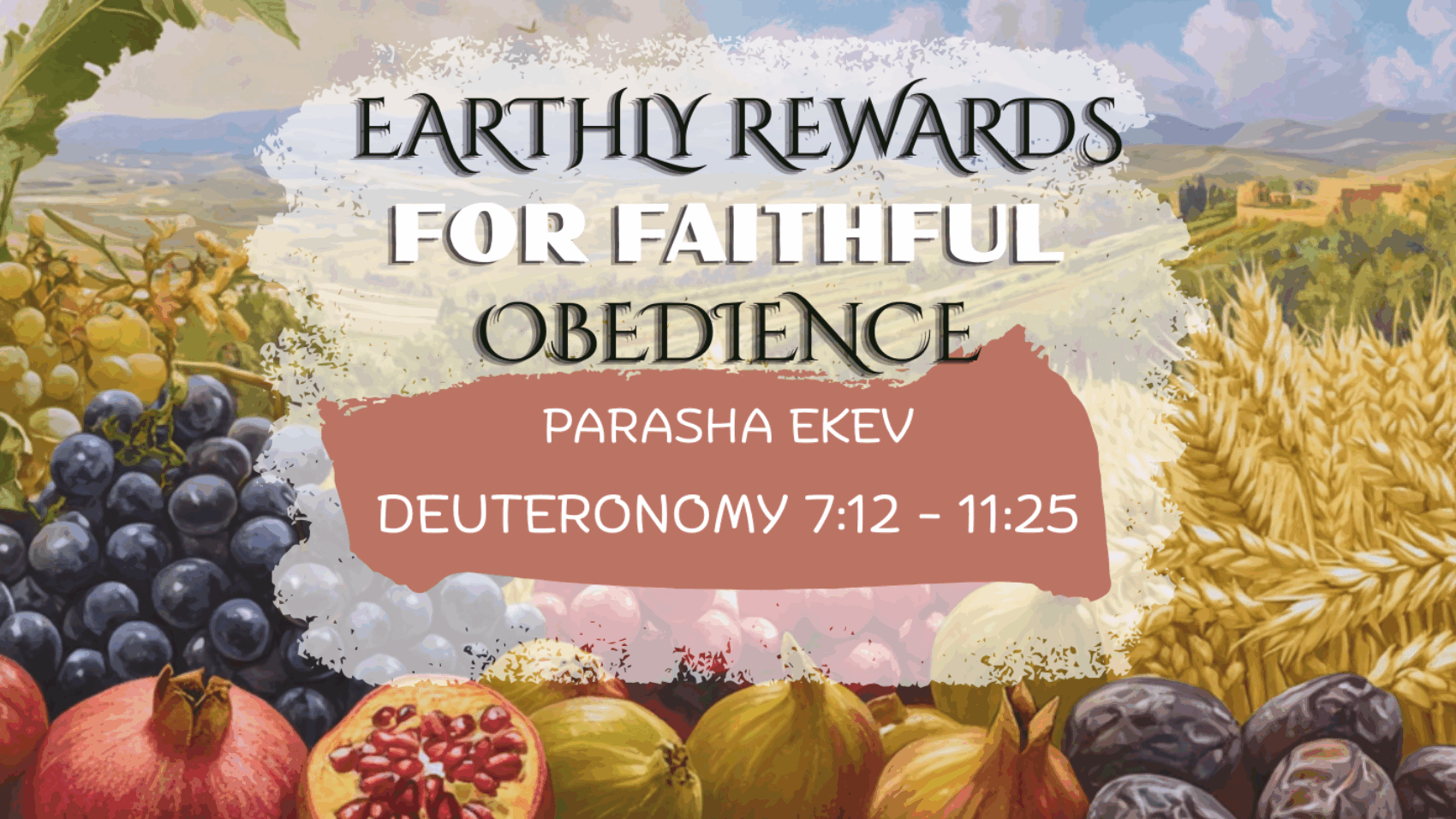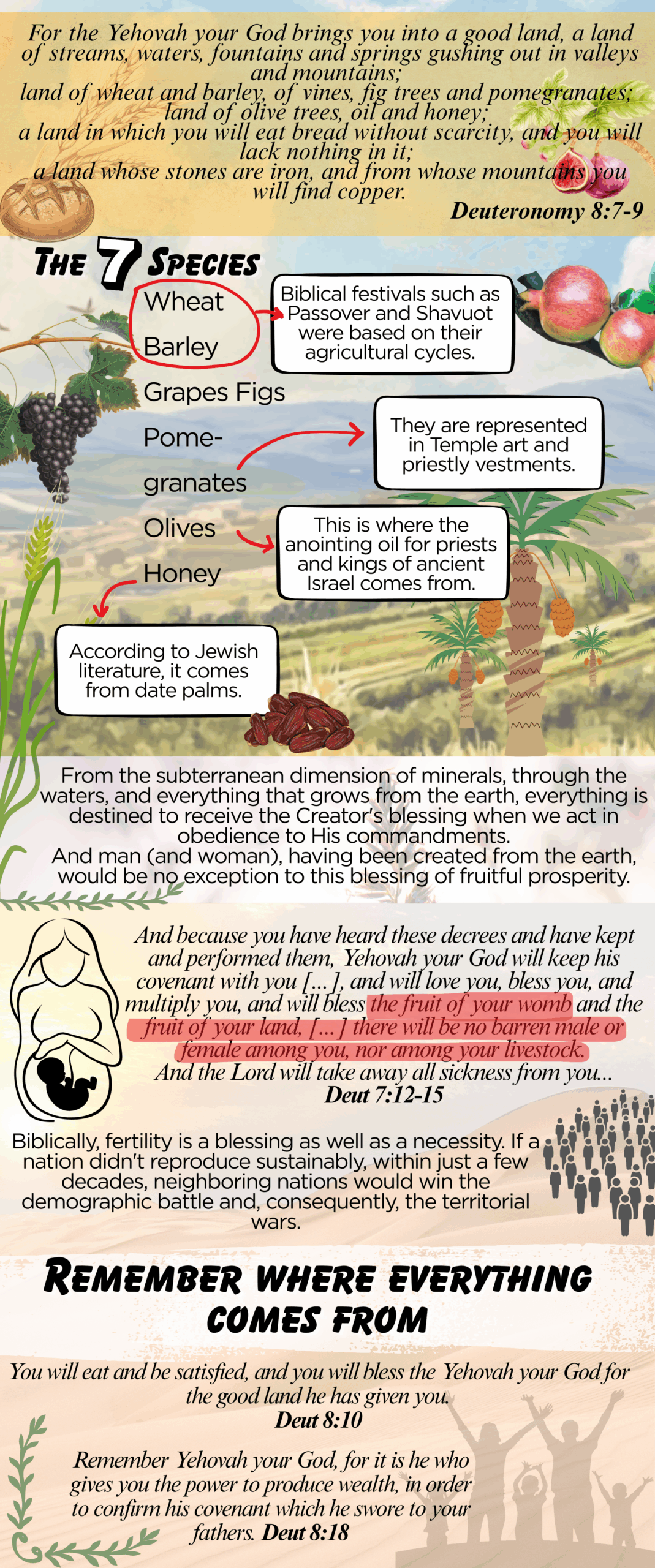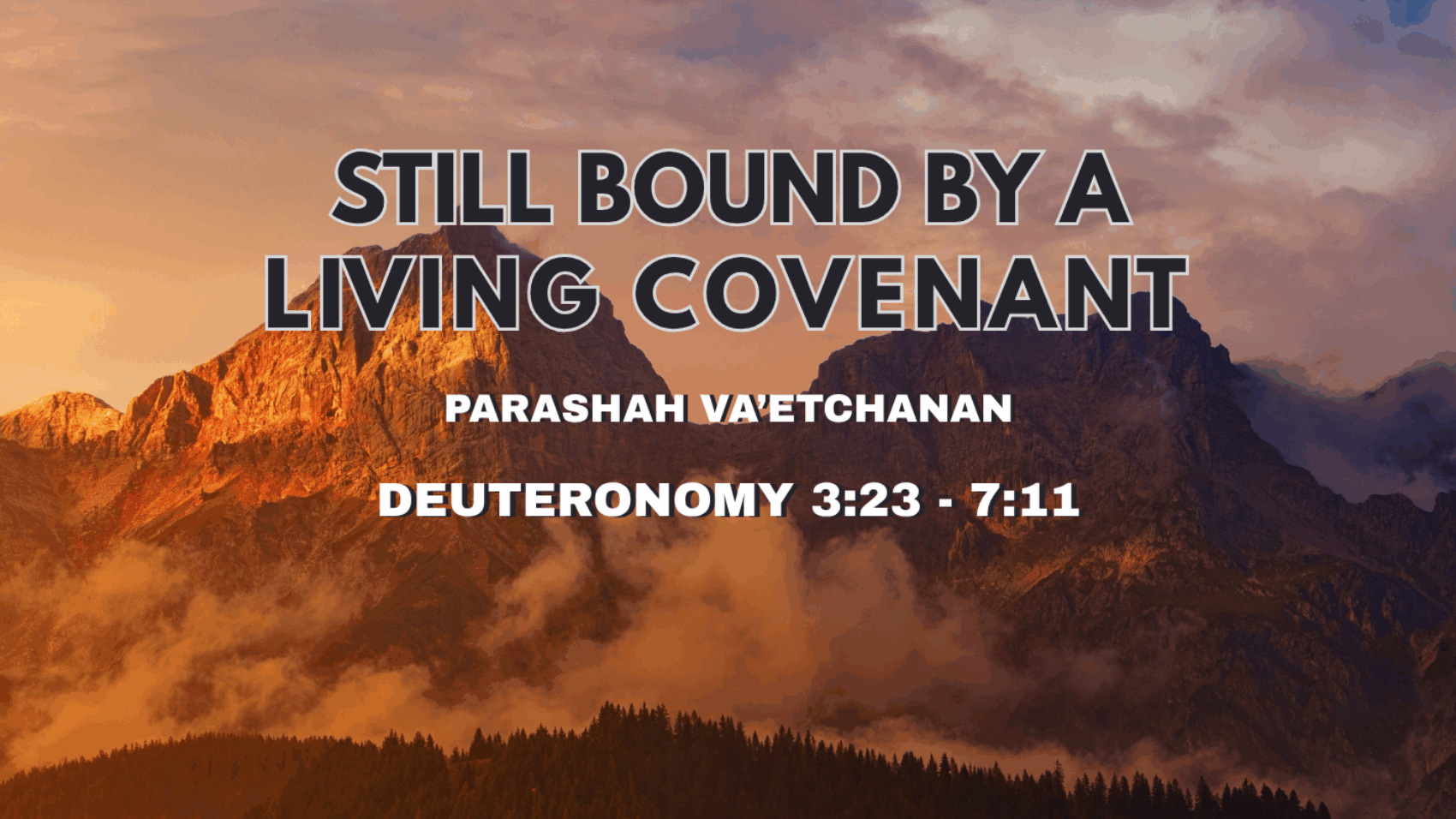Parashah Vezot Ha'Bracha
Deuteronomy 33:1 – 34:12
VeZot Ha’Bracha is the final portion in the cycle of Torah readings, and it transports us to a pivotal moment in Israel’s history: Moses’ final blessing before his death. As a tireless prophet and leader, Moses delivers words of encouragement, hope, and guidance to each tribe, emphasizing their unique role within the people of Yehovah. This scene not only marks the end of his leadership, but also establishes an eternal legacy that continues to shape the people of Israel through the generations. Aware of his closeness to the Almighty, Moses speaks not as a distant figure, but as a leader deeply connected to the future of his people.
Through his blessings, Moses speaks not only of material prosperity, but also of spiritual responsibilities. Each tribe is given a purpose and a specific function within the grand divine plan, and Moses’ leadership extends beyond his physical life, inspiring future generations to embrace their calling with faith and dedication. As we reflect on these words, we are also called to consider our own legacy and the impact we leave on others, as we continue walking under the guidance of divine wisdom.
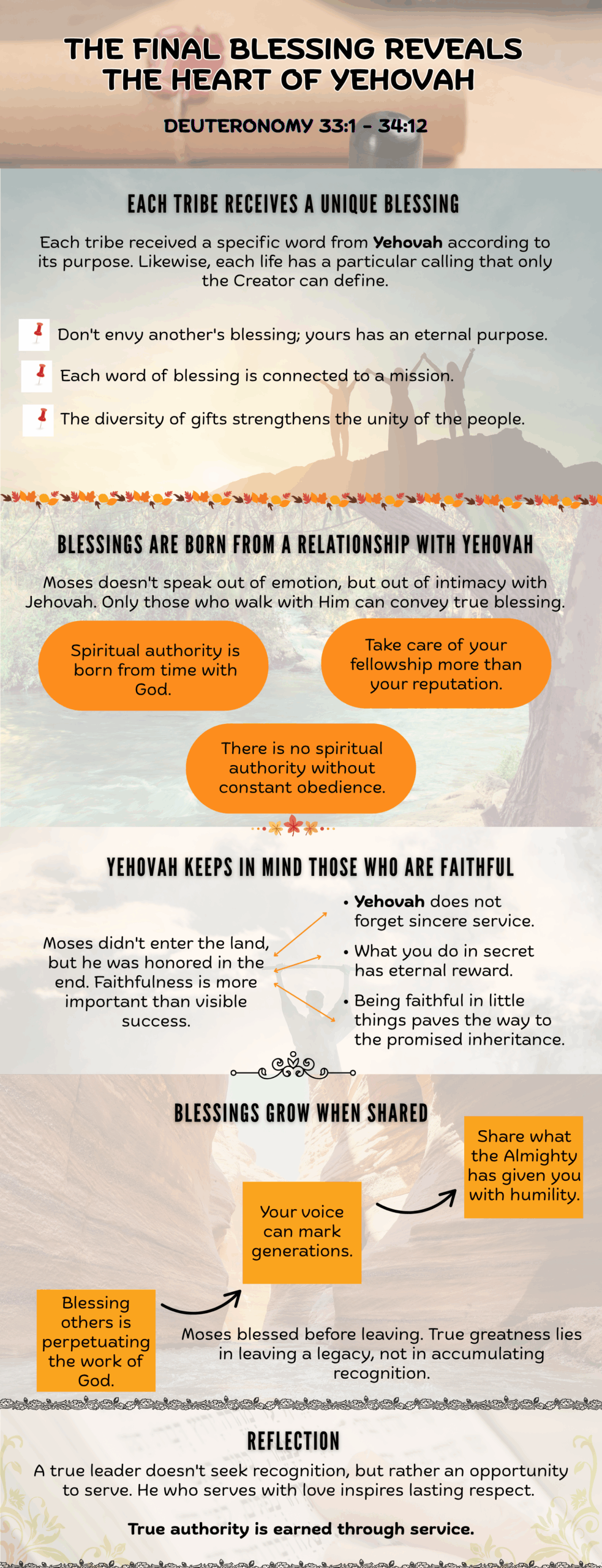
This portion reminds us that true leadership is not measured merely by immediate achievements, but by the lasting impact we leave on those around us. In his final blessing, Moses shows that the purpose of a leader is not to seek personal recognition, but to ensure that those under his care are prepared to fulfill their life’s purpose. Though Moses does not enter the Promised Land, his legacy lives on in future generations—demonstrating that Yehovah’s plan transcends any single individual.
This conclusion to the Torah cycle invites us to reflect on our own life and mission. Like Moses, we are part of a greater story, and though our contributions may seem small, they are essential in the divine plan. The study and meditation on the Torah do not end here; instead, they encourage us to keep growing, to pass on wisdom, and to keep our faith alive for the future—trusting in the eternal promises of the Almighty.
Questions for Reflection:
- Why do you think Moses blessed each tribe of Israel differently before his death?
- Moses was not allowed to enter the Promised Land, but Yehovah let him see it from afar. What does this teach us about trusting in the plans of the Most High, even when we don’t always see the results right away?
